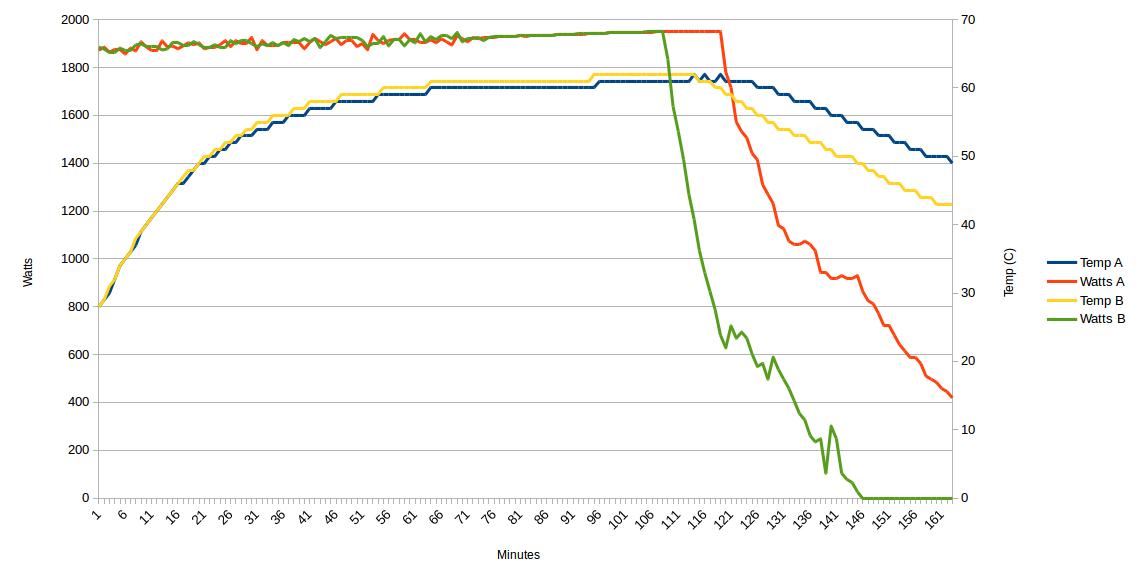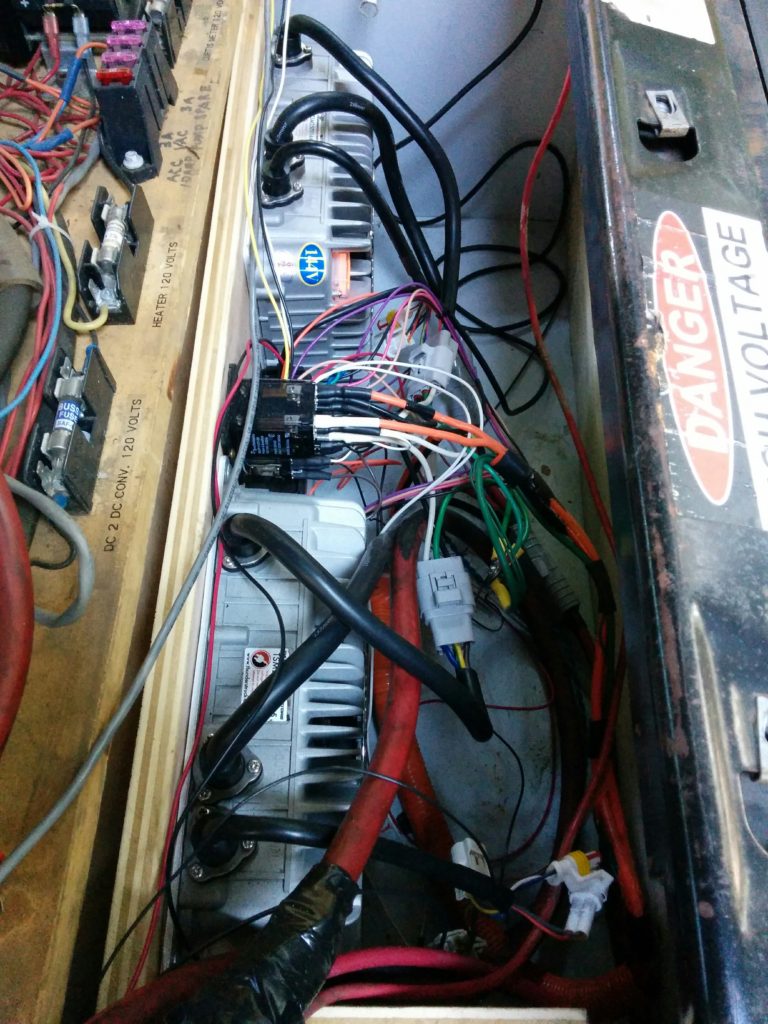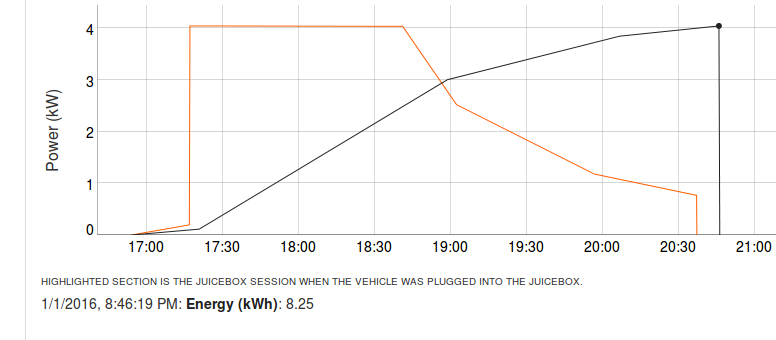Ben complained that he “got the short end of the stick” because EVGO charged him $10.51 for a single fast charging “session” where the electricity cost him about $2 per kWh.
But the simple fact is, if you have an EVSE at home, 95-99% of your charging is done at home. Remote L2 and DCFC sessions fall into one of two categories:
- Opportunity charging – Just picking up some extra power because you are at a location anyways.
- Necessity charging – You need to go somewhere that is farther than your current range will allow, either due to a small battery pack, or a low state of charge.
When you are opportunity charging, you don’t want to pay much more than you would at home. In some cases, stores offer free charging to get you in the door, or as a public service, and in other cases the costs ($1-2 an hour, or $0.20 to 0.50 a kWh depending upon your charging speed) are reasonable and/or in line with parking fees that you would already be paying.
In Ben’s case, he was definitely in the necessity charging category (making a drive to downtown Milwaukee right at the very edge of his range). So the $10 he paid allowed him to go somewhere that he wouldn’t normally be able to get to on a single charge. This is a convenience fee, not a “fuel” fee. Also, the fact that it was a “fast charge” session should not be overlooked, as that is much more convenient than a L2 charge for necessity charging (when you are not planning on spending time at a location for reasons other than charging).
I recently spent $3 to charge for an hour and 20 minutes outside of a Walgreens at a L2 charger (in 85+ degree heat), getting around 5 kWh (allowing me to get home without seriously depleting my pack). In addition to the $3 I paid for the charging, I spent $5 in the Walgreens for two sodas and a candybar, (making use of their restroom at the beginning and end, partially due to the two aforementioned sodas). I had planned ahead and brought a magazine with me, but if I hadn’t I would have also spent another 4-5$ on some reading material.
If I could have spent $10 and been charged up in 10 minutes I would have gladly done so, and the time savings (and lowered sugar consumption) would have made it well worth the fee. But, I don’t have a DCFC port on my S-10 truck conversion.
So for a one time necessity charging session, $10 seems very reasonable. It is comparable to spending $6 for a service station sandwich that you could have made yourself for $1 at home.
If you are going to be making long trips where you need DC fast charging frequently, you sign up for the monthly plan, which greatly reduces the price per session. You can think of this as a toll road type system, where you know you need to charge up every day on your daily commute, so you just budget the extra costs as part of your transportation overhead. (Although in that situation, an ICE vehicle may make more economic sense.)



